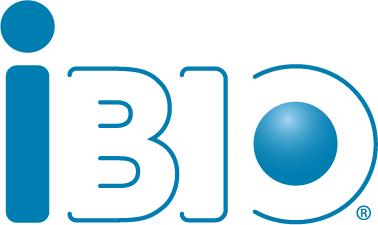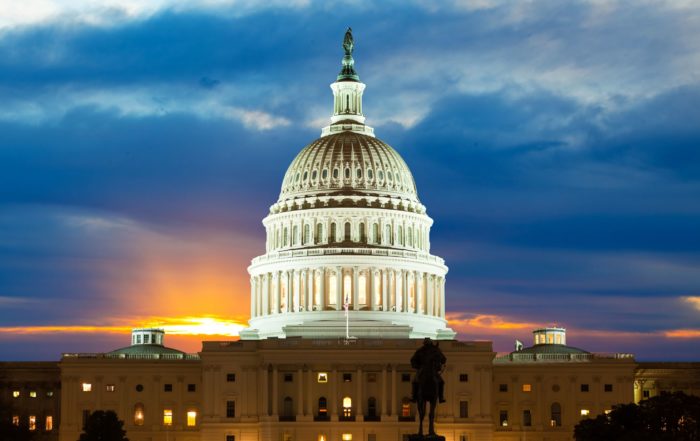Policymakers in Washington are debating reforms they claim will lower prescription drug prices. It’s important our elected leaders offer real solutions instead of partisan soundbites that mask the real harm to patients by their government-run scheme.
The House of Representatives is expected to soon vote on a bill (H.R. 3) that would let the government come between patients and the treatments and medicines they need. The legislation would adopt health care policies set by foreign countries that lead to rationed care and restricted access to prescription medicines.
This extreme bill will upend the Medicare program for more than 50 million seniors and impose a government-run drug pricing scheme on workers and families with private health care. H.R. 3 will save money for the government and insurance companies, but it will reduce the quality of care for many Americans and do almost nothing to lower patients’ out-of-pocket drug costs.
Congress will continue debating drug pricing legislation in the coming weeks. Make your voice heard today!
Email your elected officials and tell them to oppose H.R. 3. Let them know that doctors – not bureaucrats – should decide which medicines America’s patients can receive. Urge your elected leaders to reject H.R. 3 and support responsible solutions that lower what people pay out of pocket for prescription medicines and ensure all patients can get the cures and treatments they need.
iBIO Opposes New Drug Pricing Bill from House Democrats Leadership
iBIO is very concerned with the provisions included in H.R.3 to establish price controls as a mechanism for lowering list prices for pharmaceuticals in the US.
Specifically H.R. 3 would:
- Require the Secretary of Health and Human Services (HHS) to directly negotiate the price of 25 to 250 brand-name drugs annually that lack a generic or biosimilar competitor and have the greatest cost to Medicare and the U.S. health system. H.R. 3 would establish an upper limit for the price reached in any negotiation as no more than 120 percent of the volume-weighted average of the price of six countries (Australia, Canada, France, Germany, Japan, and the United Kingdom). This price is known as the Average International Market (AIM) price. The articulated goal of this policy is for HHS to negotiate a price that is below the AIM, called the “maximum fair price”, which would be applied to Medicare. Medicare Advantage and Part D plans could use additional tools to negotiate even lower prices.
- Require a manufacturer to offer the maximum price set by HHS to the commercial market. If a manufacturer does not agree with the maximum price, they will be assessed a penalty starting at 65% of the annual gross sales and increasing 10% every quarter to a maximum of 95%. If the manufacturer agrees to the maximum price, but overcharges Medicare or fails to offer the price to other payers, they are subject to a civil monetary penalty of 10 times the difference between the price charged and the maximum price. The bill would also establish a new inflation rebate for the more than 8,000 drugs in Medicare Parts B and D, retroactive to 2016, and the drug company can either lower the price or rebate the entire amount above inflation to the Treasury.
- Create a $2,000 out-of-pocket limit on Medicare Part D beneficiary prescription drug costs, beginning in 2022, and redesigns the program to have an initial coverage period and then catastrophic phase, effectively eliminating the coverage gap. However, the bill lowers the government’s exposure in the catastrophic phase from 80% to 20%, increases the insurers exposure from 20% to 50%, and increases manufacturer exposure from zero to 30%. Manufacturers would also be required to pay 10% in the initial coverage period. (Notably, this is a significant increase from the bipartisan Senate Finance Committee proposal, which would eliminate the coverage gap and have manufacturers pay 20% in the catastrophic phase.)

